The Five Biggest Safety Mistakes Of The Volunteer Fire Service And How To Avoid Them! – Part 1
The volunteer fire service faces unique challenges in just about all aspects of operations, particularly when it comes to safety. We do the same job with less training, often times older equipment, and with fewer people.
Normally we do not have a person to devote to the sole task of being a safety officer, and those with enough experience and training to fill that role are normally busy conducting the operations on scene.
As the firefighting world around us evolves, we as a profession (both career and volunteer) need to keep safety at the forefront of our operational and administrative thinking.
Over the next five articles in this series we are going to discuss how, as officers, we can improve the safety of our firefighters in the volunteer service. Five very simple ways we can all help improve safety in our departments.
All of us, regardless if you are a brand new Lieutenant or a Chief with 35 years on the job, have a vested interest and a responsibility to make safety a priority. If we fail to instill this responsibility we are encouraging unsafe behavior on and off the scene of a call which will lead to unsafe behavior, which will then lead to injuries or worse yet death.
Instill Personal Responsibility
One of the biggest mistakes we can make as officers, is assuming that our membership understands the personal role that they play in their own safety. We can not just assume they understand this responsibility, we have to assist in instilling it.
Instilling personal responsibility does not stop at an officer saying “pay attention and be safe”. It means demonstrating, and reminding them on a consistent and regular basis, that regardless of what policies, training, and slogans you provide for them; it is their responsibility to be safe and assist in making sure that their brother/sister firefighters are safe.
All of us need to attend training, gain experience, pay attention on calls, and bring concerns to their officer or incident commander. Especially considering in most volunteer departments we do not have one person to devote to scene safety on the scene of a big call, thus instilling this personal responsibility becomes all the more important.
Whatever we use to demonstrate the need for safety, personal responsibility should be in the center. It is up to all of us and especially us as officers to ensure our own safety, and our brothers’/sisters’ safety!
We all want to go home, and loved ones want us to come home. When we instill personal responsibility we are also instilling in our members how vitally important we as officers take safety, and further instilling that we are safety conscious and leading be example.
In part 2 we are going to discuss the vital role that training plays in providing knowledge, and how providing that knowledge can be a great way to improve the safety of a call.
Part 1 of 5
All Photos Courtesy: John Gallagher, Firefightertoolbox.com

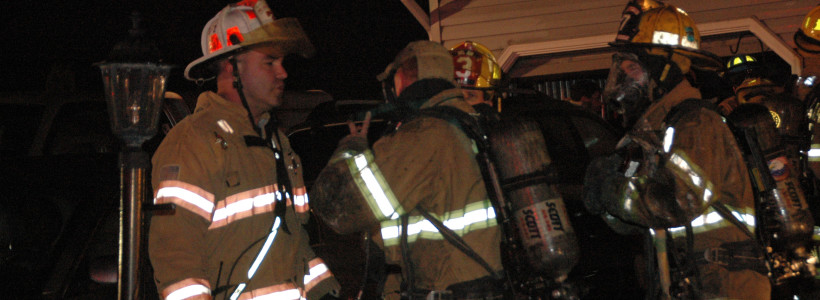
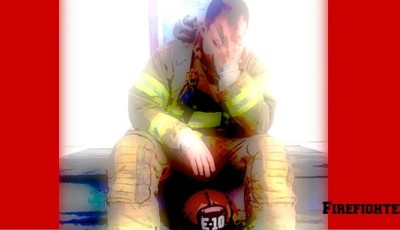

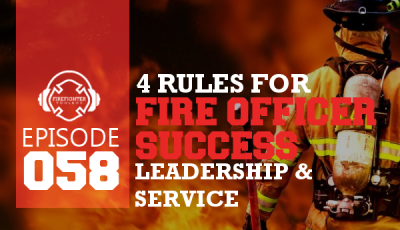
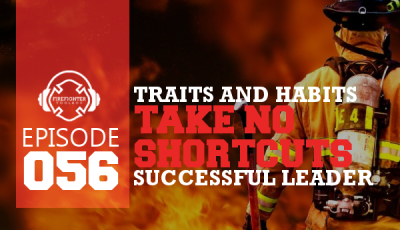

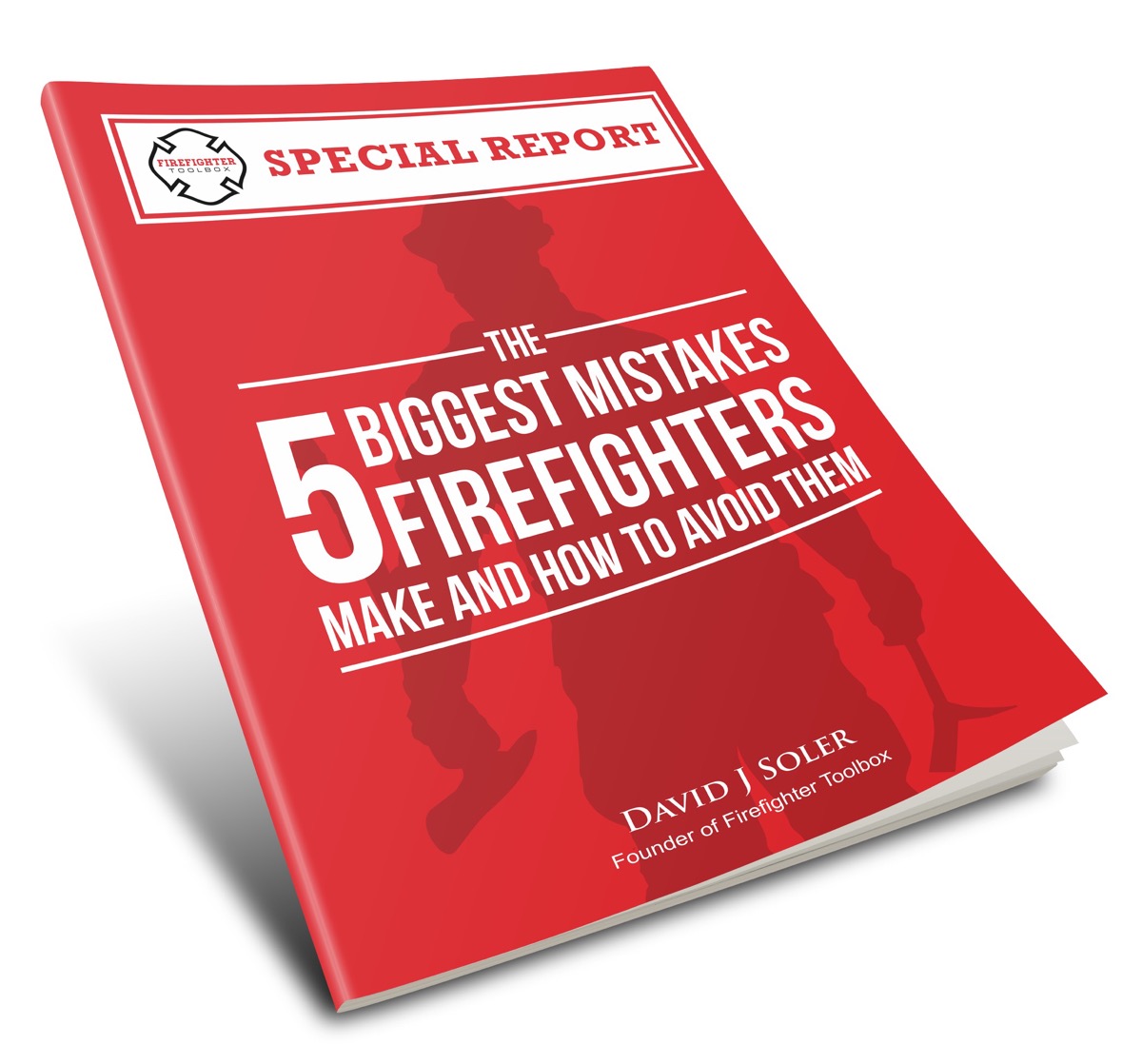



Can I get that safety review in PDF form sent via email, thanks
Nice article, clear and concise, just what officers need to be. Leaders lead.
Looking forward to the second, and subsequent parts!
Thank you for all of the comments, I am glad you got something out the articles!
My department just promoted me to their first safety officer in its history. We are a volunteer / paid on call department in central Illinois. I have 28 years experience as a volunteer and previously was the driver/engineer instructor for the department .
I am looking forward to the rest of this series.
Mike, what exactly are you looking for in the “Safety Review”? I will see what I can get done.
Looking forward to this series.
Enjoy the awsom instruction intend to mov near where I took my C R T tng and volunteer there even at 58 there is somethimg I can do besides never know when this knowledge that sticks without a manuuual to study will save a life del
Great article. Fits neatly into all aspects of emergency services. Fits nicely into the concept of leaders intent which is big in our organisation.
Would it be ok if I take the concepts and fit them to our workplace
Greg
Great article, when can we expect more series?